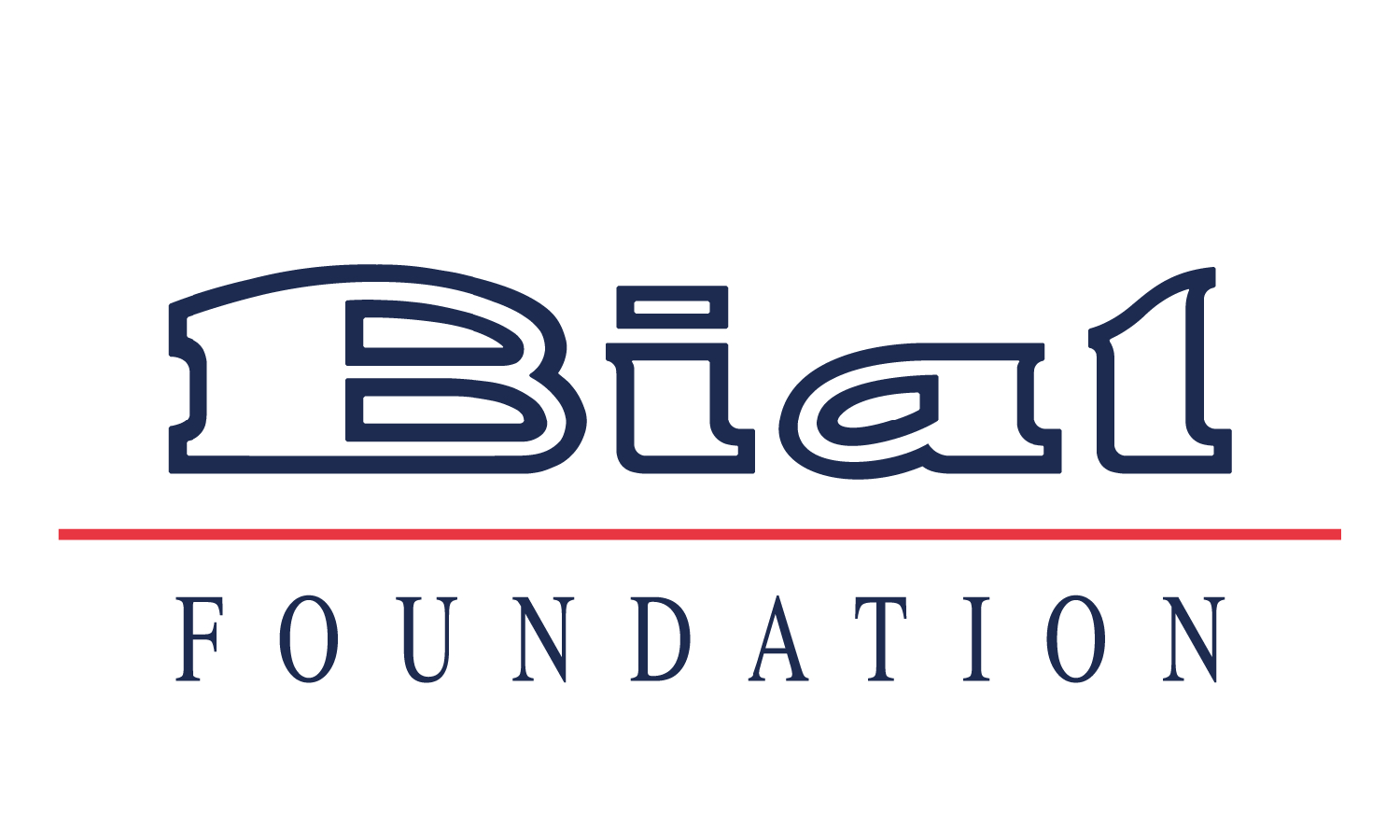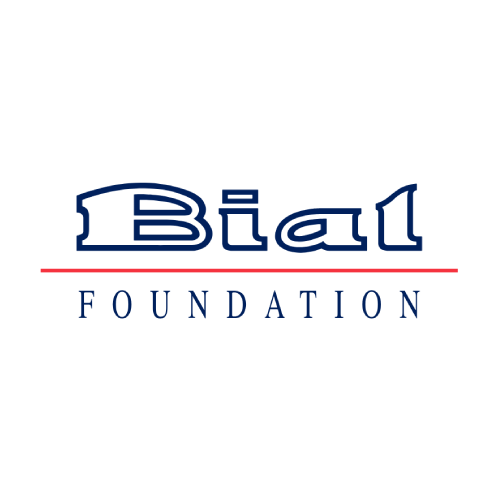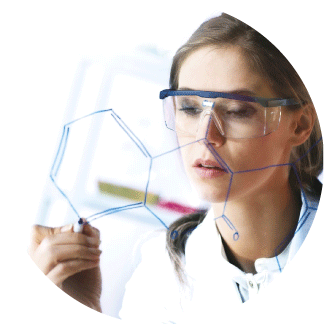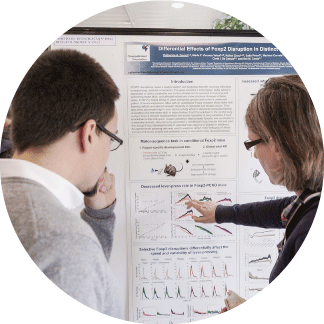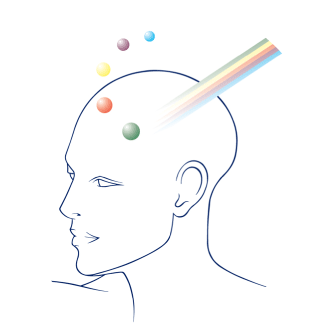News
Top Stories

Does your dog have social skills?
A study suggests that viewing the owner’s face works as a positive social reinforcement for dogs. Learn more about this and other surprising results about “man’s best friend”.
News
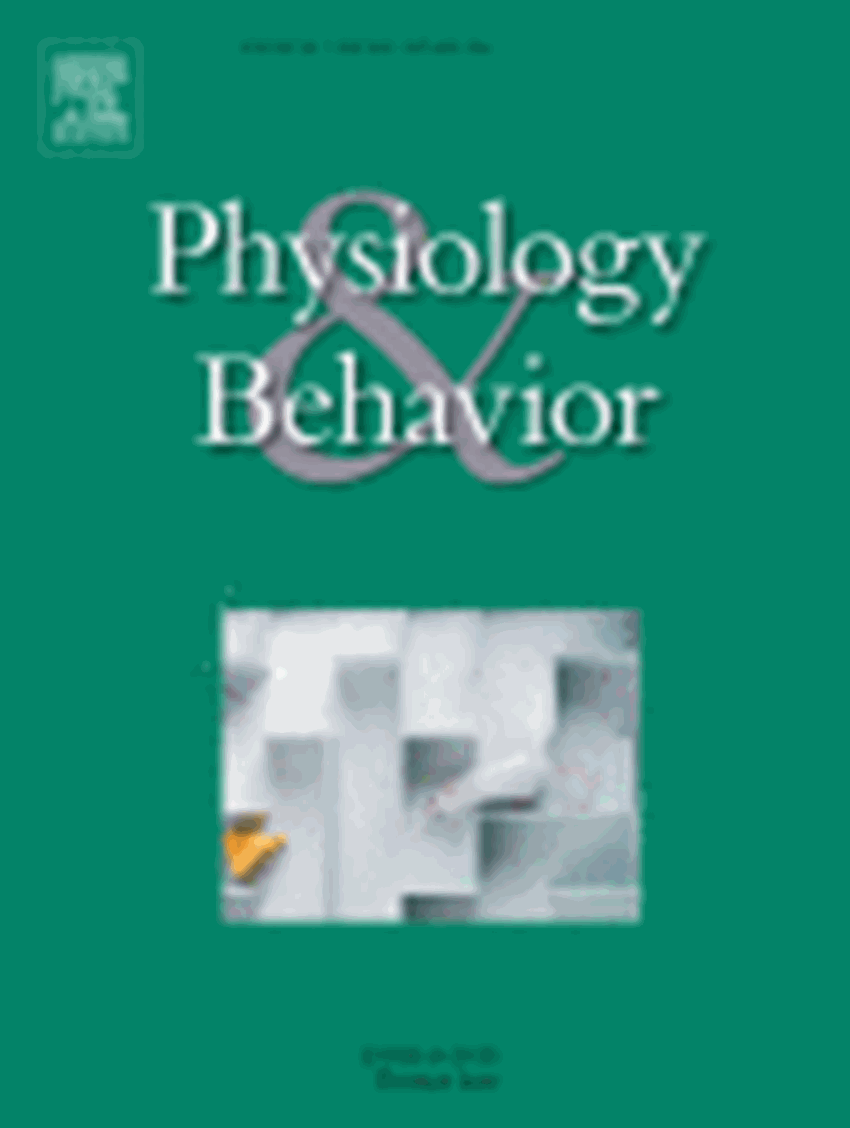
What do EEG studies tell us about affective modulation?
In the scope of the project 347/18 – Driving synaptic plasticity in motor-to-visual neural pathways to enhance action prediction, Alessio Avenanti et al., published in the journa Physiology & Behavior the paper “Affective modulation of cognitive control: A systematic review of EEG studies”
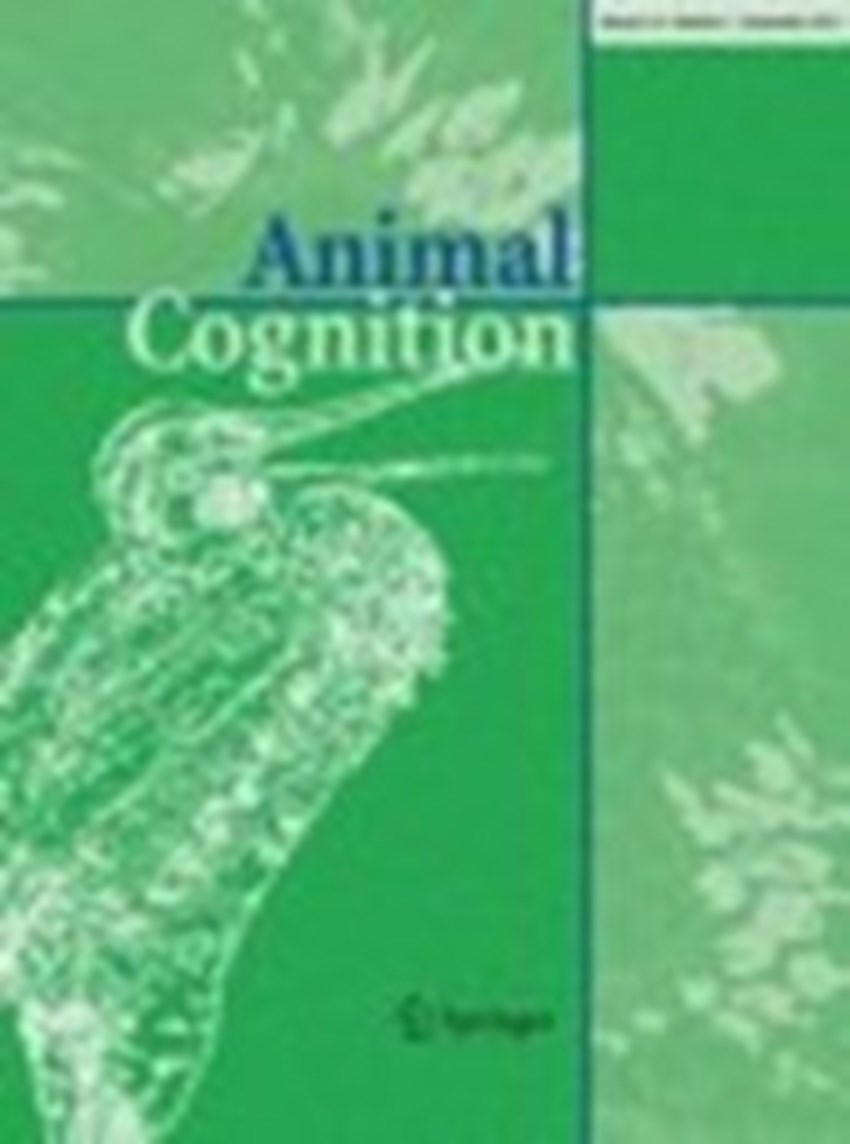
Could animals be able to detect musical changes?
Juan Toro, supported by the BIAL Foundation in the scope of project 13/18 - Biological bases of music cognition, concluded, in rodents, that they are able to detect changes in pitch, tempo and timbre.

Are lucid dreams a mixture of sleep and wakefulness?
Benjamin Baird, supported by the BIAL Foundation in the scope of project 334/18 - Inducing lucid dreams with optimized sensory cues, concluded that the lucid dreams are more that a mixture of sleep and wakefulness, with a EEG patter characteristic.

